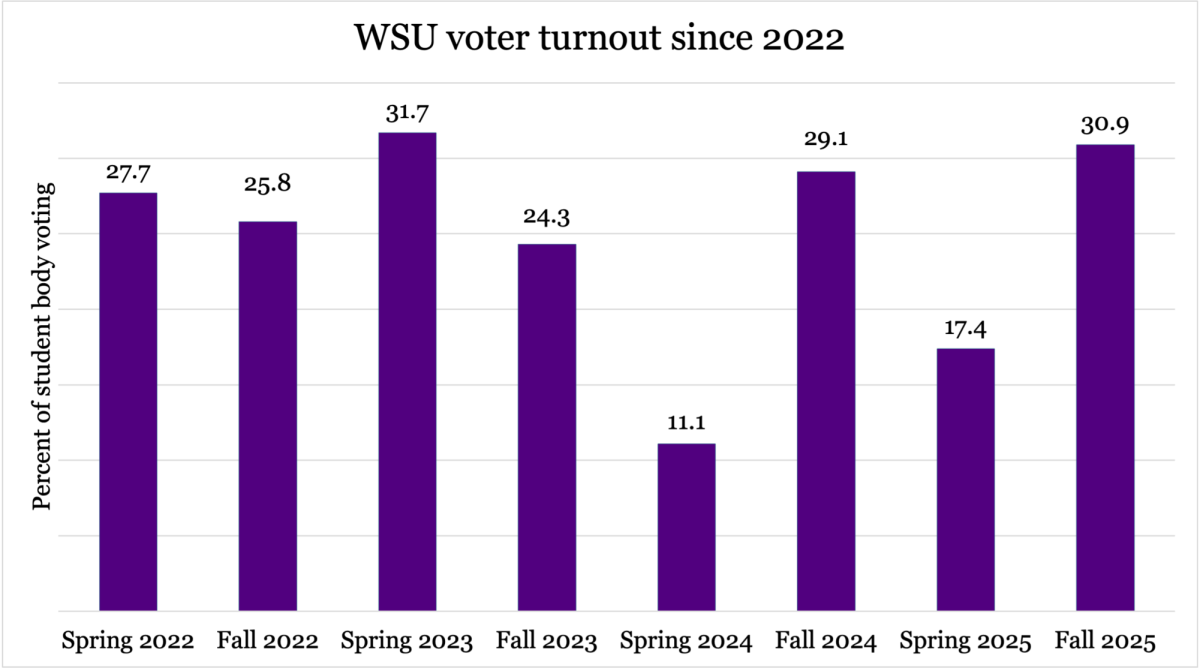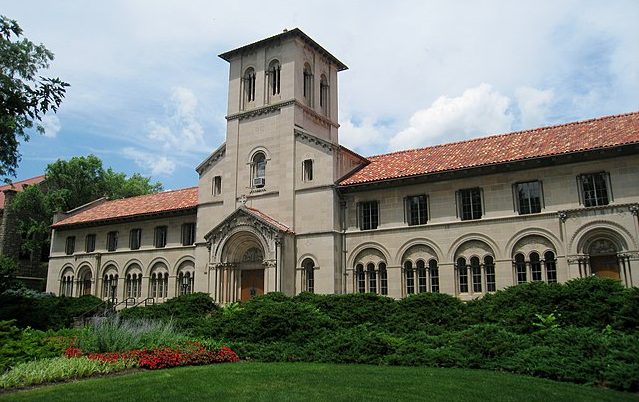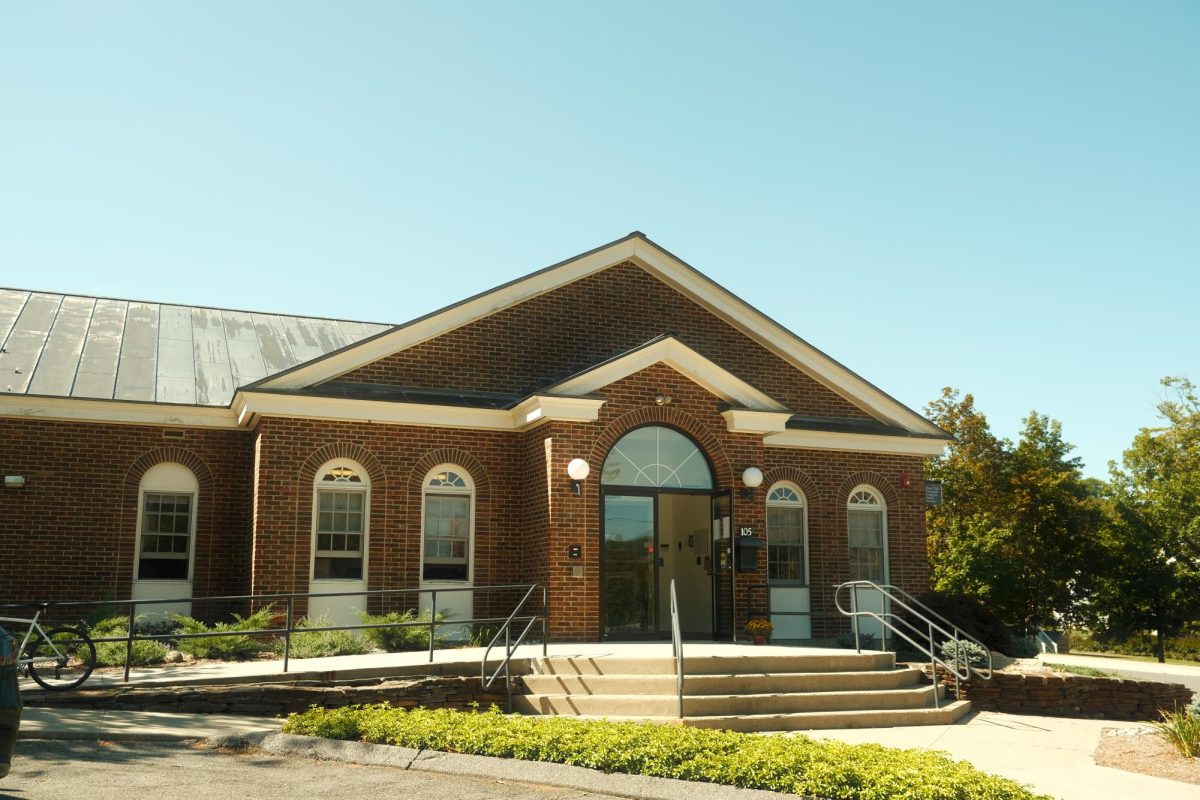Despite the passage of the Republican-led mega bill, the College won’t pay an increased tax on its endowment next year. The tax and spending bill, signed by President Donald Trump on July 4, will increase the endowment income tax rate as much as sixfold for many institutions but exempts schools with fewer than 3,000 tuition-paying students.
If not for the exemption, the College would have paid a 4 percent tax on income from its endowment next year under the final bill voted on by both chambers of Congress. The final version of the bill levies that rate on non-exempt schools with endowments between $750,000 and $2 million per student — the College’s endowment divides out to about $1.8 million per student. Currently, the College is subject to a 1.4 percent tax.
An earlier version of the bill, which was voted on by the House before the Senate made changes, would have levied a 14 percent tax on the College’s endowment gains. In June, the College estimated that this tax would have forced the College to decrease its operating budget by $30 million next fiscal year. That represents nearly 10 percent of the $316 million the College planned to spend in its initial fiscal year 2026 budget.
In May, President of the College Maud S. Mandel said the College had hired two lobbying firms to advocate its interests, including opposition to the endowment tax hike. The New York Times reported that Hillsdale College, a conservative Christian liberal arts college school with 1,700 students, lobbied against the tax increase before the Senate added the small-colleges exemption. Hillsdale’s support for the small-colleges exemption came after the Senate parliamentarian ruled that the bill’s previous exemption for religious schools violated chamber rules, the Times also reported.
Universities like Yale, Harvard, and Princeton, whose endowments top $2 million per student, will pay an 8 percent endowment income tax. In a statement, Yale’s president estimated that endowment taxes would cost the university $280 million next year.
In anticipation of an increased tax burden, the College planned to expand its Ad Hoc Financial Planning Group and host “discussions, as broad and transparent as possible, with [the] entire campus community,” according to a June document.
The College anticipates that the loss of federal research grants and financial aid will cost it $6 million, according to the document, and that costs for capital projects and its annual operating budget will increase by about 3 percent.
The budget document lists a general series of the policies that the College could consider in response to potential financial challenges related to the new administration. These include a hiring freeze, lower spending on capital renewal, and a reduction to managers’ budgets that would include funds for dining and academic departments.
Though its endowment tax rate won’t increase, the College’s finances haven’t entirely escaped the Trump administration’s policy changes. In June, a new requirement barred schools from accepting grants from the National Science Foundation and National Institutes of Health if they “promote or advance diversity, equity, and inclusion…in violation of federal antidiscrimination laws.” In response, the College voluntarily paused its grants while conducting a legal review to check its compliance with the new rule.
President of the College Maud S. Mandel, Provost Eiko Siniawer, and Vice President for Finance and Operations Mike Wagner have been contacted for comment. Please check back for updates.















